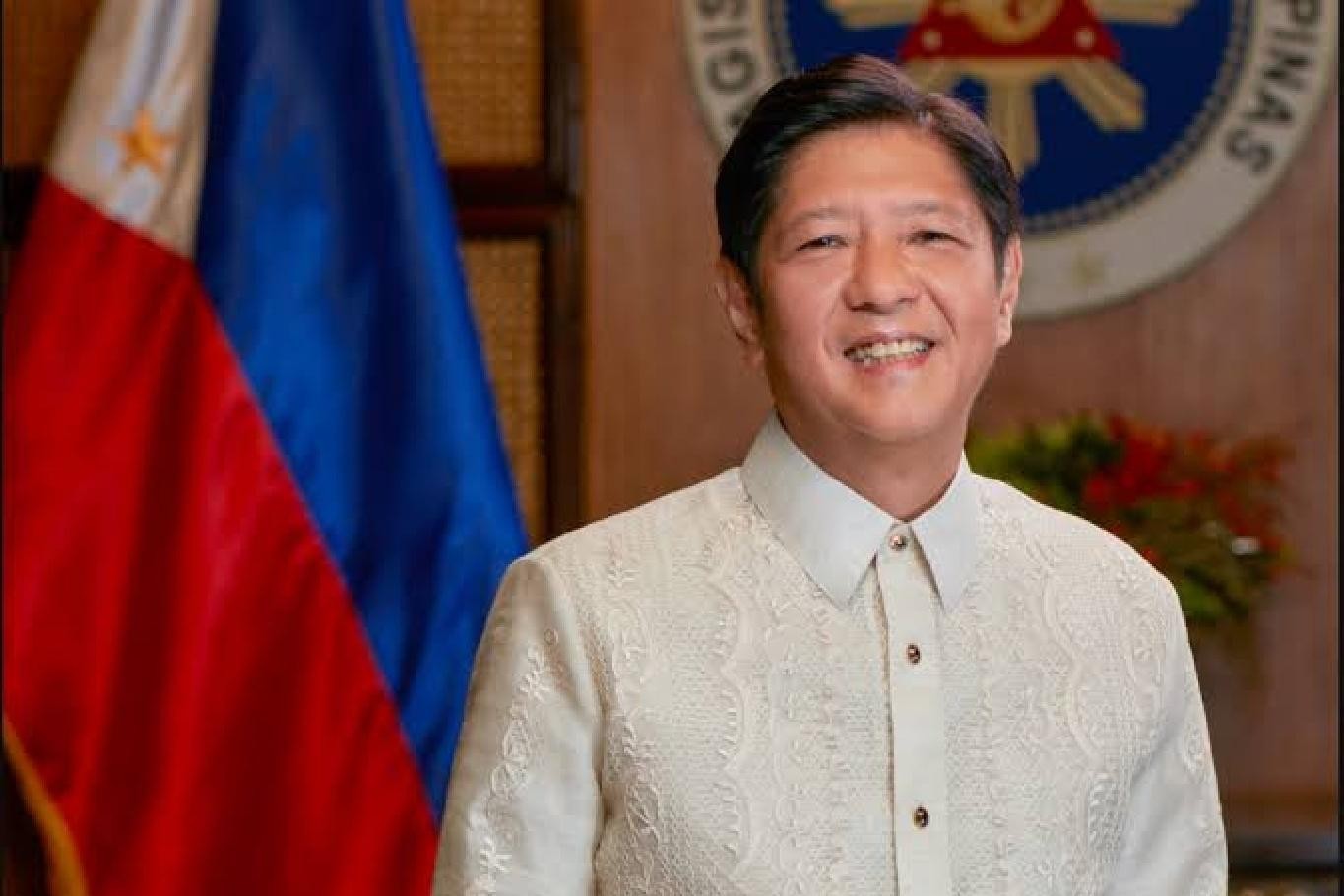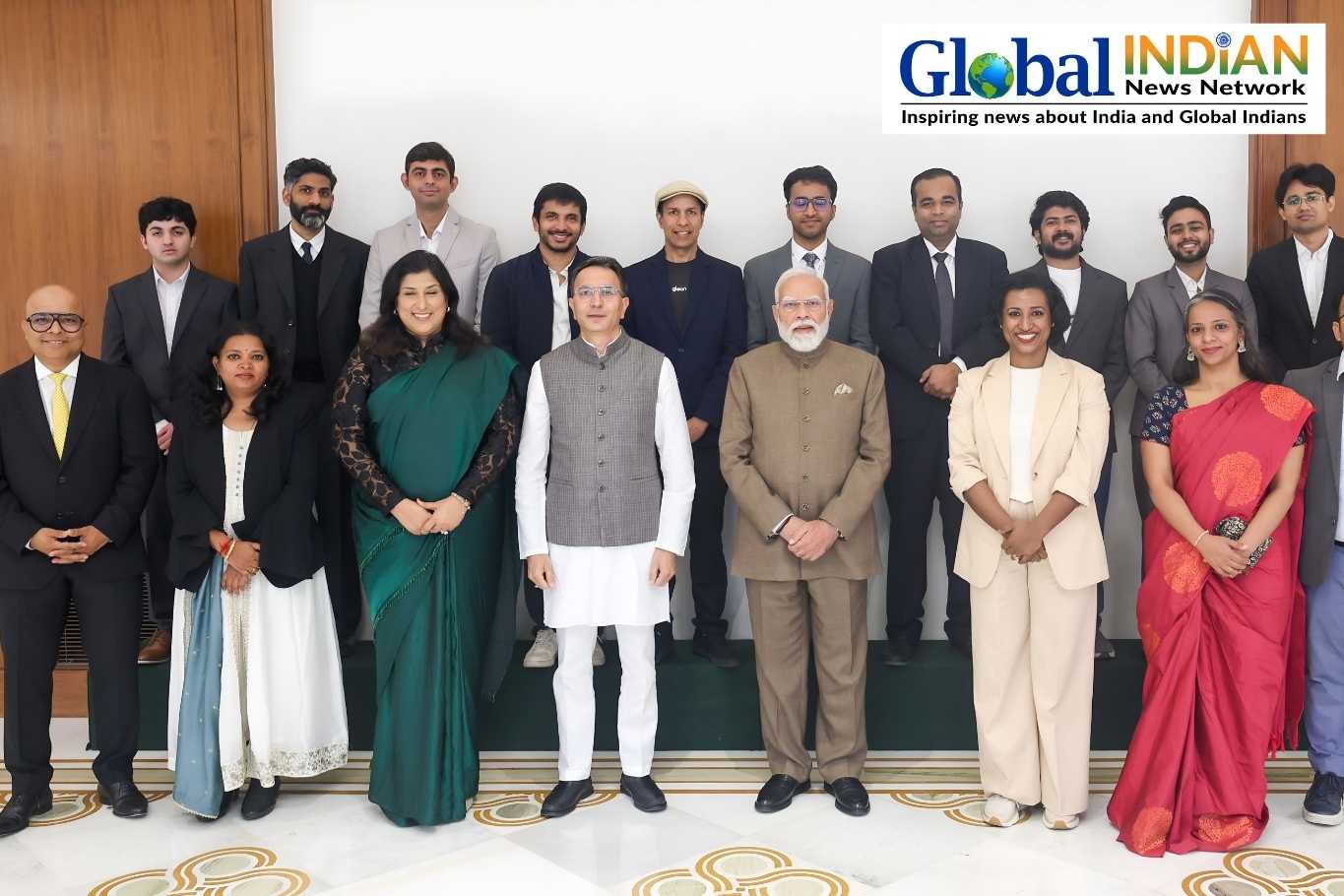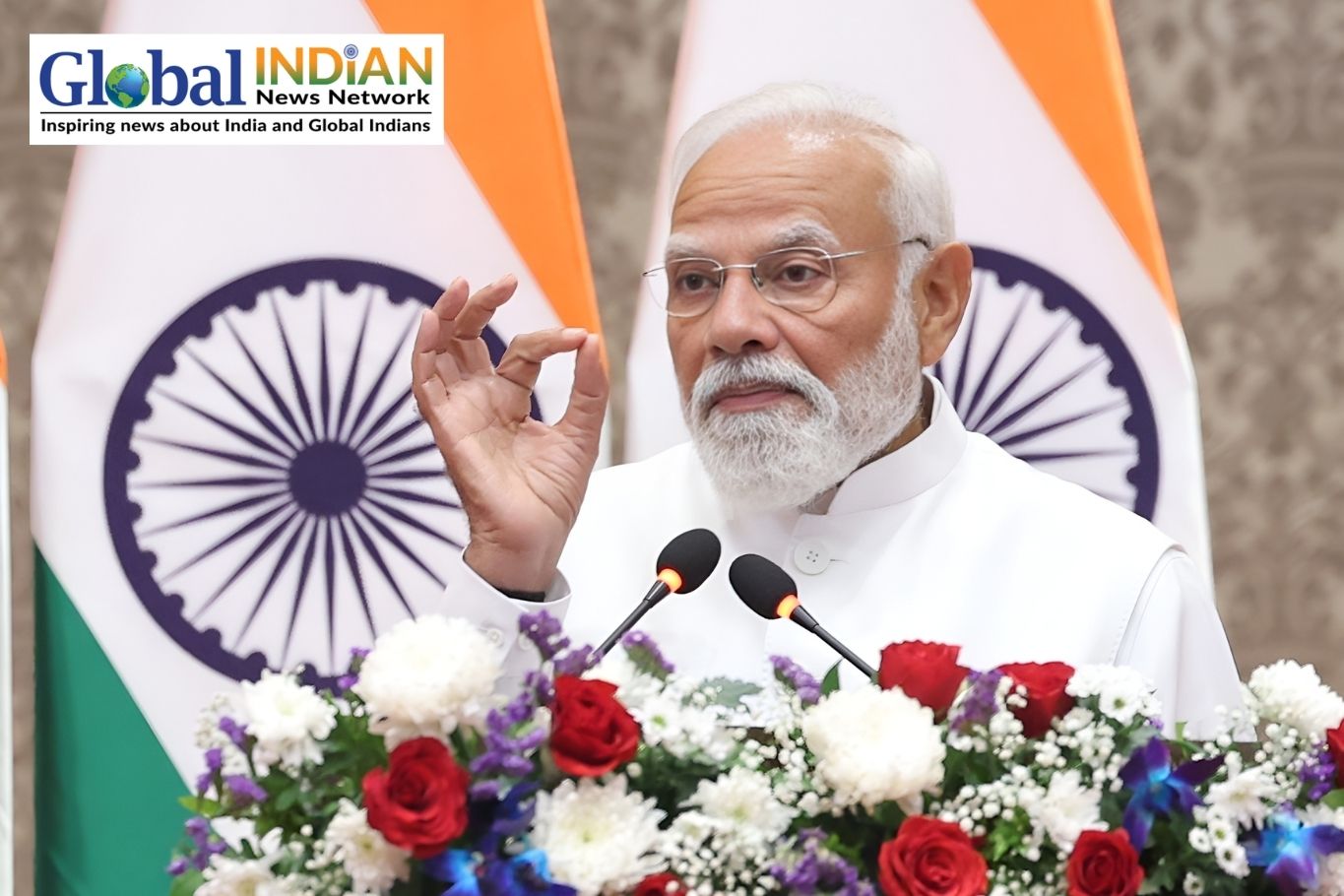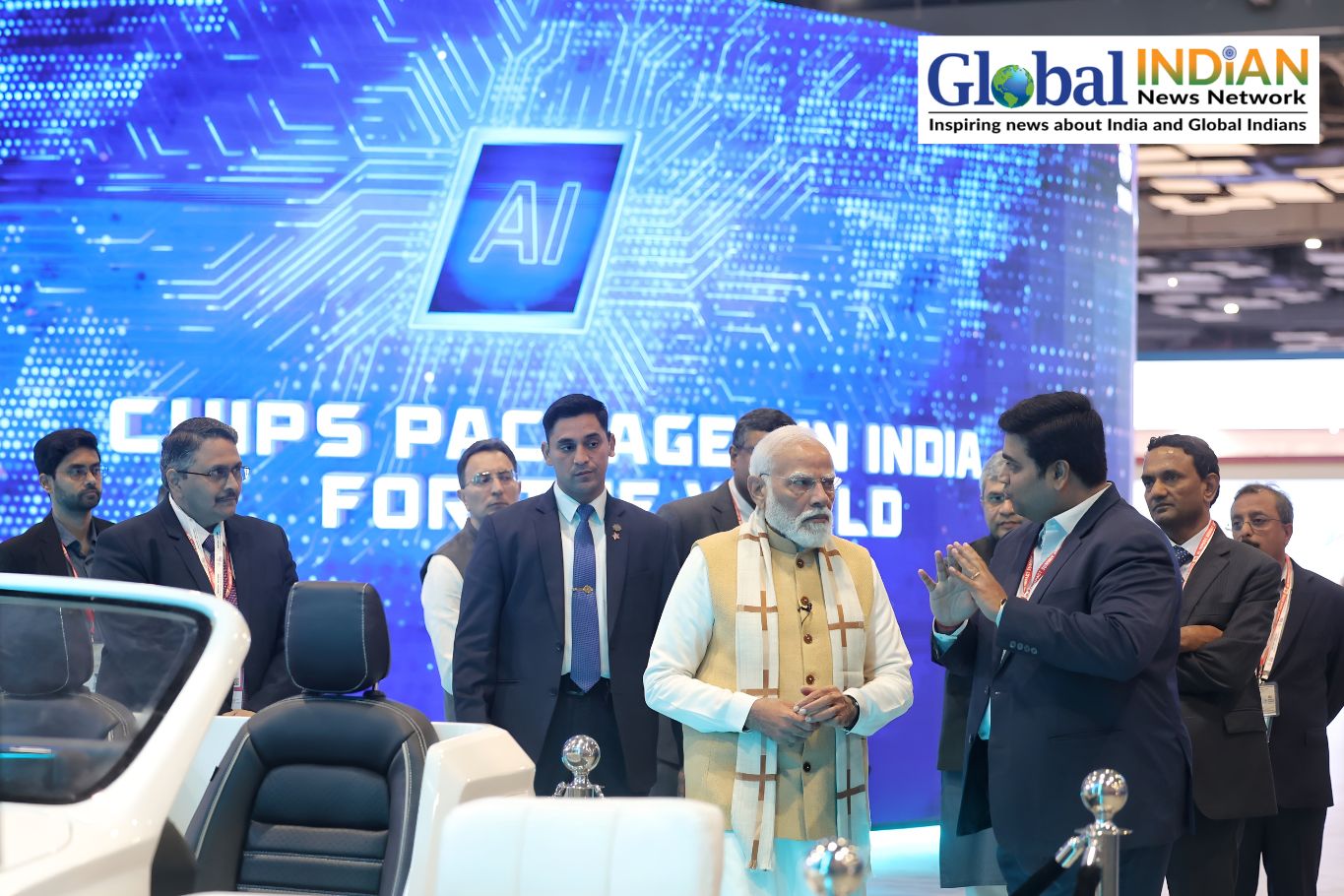
President Marcos Jr. of the Philippines marked a historic moment by becoming the inaugural Philippine leader to present the keynote speech at the 21st International Institute for Strategic Studies (IISS) Shangri-La Dialogue in Manila on Friday. He emphasized that ASEAN Centrality remains a fundamental component of the Philippines’ foreign policy.
In his speech, Marcos Jr. described India as a valued ally and expressed Manila’s intention to continue its collaborative efforts with New Delhi. He expressed, “We will fortify our ties with the United States and our strategic partnerships with Australia, Japan, Vietnam, Brunei, and all other ASEAN member states.” Additionally, he underscored the Philippines’ commitment to sustaining strategic partnerships with various nations and expressed a desire for future collaborations in defense, environmental initiatives, economic development, people-to-people relations, and sustainable growth.
Marcos Jr. highlighted the importance of integrating global discussions with regional perspectives in all multilateral engagements. He also indicated plans for increased collaboration with countries such as the Republic of Korea and India. He stressed that geopolitical concerns should not divert attention from the essential duties of public officials: ensuring the welfare of their people and securing a stable and peaceful future for the next generations.
He pointed out that the peace and stability of the Indian Ocean Region are critical for the development of South Asian states. Similarly, he noted that the economic security of East Asia hinges on the freedom of navigation and uninterrupted passage in the South China Sea and the East China Sea, as well as the stability of the Korean Peninsula and the Taiwan Strait. Given the geographic proximity and the presence of Filipinos in Taiwan, Marcos Jr. asserted the Philippines’ legitimate interest in cross-Strait matters. He called for restraint from all parties involved, emphasizing the historical bonds between the Filipino people and those on both sides of the Taiwan Strait, and the necessity for peace and stability in the region.
Marcos Jr. also addressed the broader strategic landscape, noting China’s ambitions to become a global power and the resulting concerns in the Indo-Pacific. He remarked that the future of the region will be shaped by numerous nations, each with distinct experiences and aspirations, but that these nations’ efforts are being challenged by attempts to undermine international norms. He also observed that the strategic rivalry between China and the United States is influencing regional dynamics, limiting strategic options for regional states, and intensifying security challenges.
In April, India delivered BrahMos supersonic cruise missiles to the Philippines as part of a USD 375 million agreement signed in 2022. The Indian Air Force used its American-made C-17 Globemaster transport aircraft to deliver the missile systems to the Philippine Marine Corps. This delivery comes amid rising tensions between the Philippines and China, particularly due to frequent maritime clashes in the South China Sea. The three BrahMos missile batteries will be deployed along the Philippine coast to bolster regional security.









